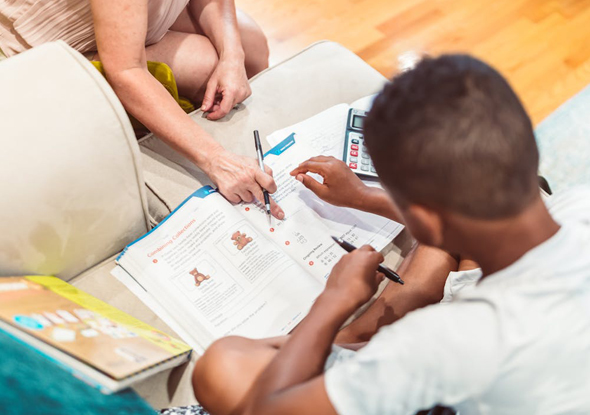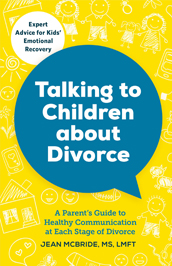How to Create a Parenting Plan in the UK: Questions Parents Ask

- This blog contains affiliate links, which we may receive a commission for purchases. The decision is yours, whether or not you decide to buy.
Separation and divorce are emotionally challenging, and co-parenting adds complexity. A clear parenting plan can provide structure, reduce conflict, and prioritize your child’s well-being. Here are some of the most common questions parents have when creating a parenting plan.
Q1: How can I create a parenting plan that works for my family? Creating a parenting plan can feel overwhelming, but breaking it into manageable steps makes it easier. Start by discussing your child’s routines, needs, and special occasions with the other parent. Writing a clear schedule helps both parents and children feel secure.
A 2023 Ministry of Justice study found that parents with formal parenting plans reported 30% fewer conflicts, highlighting the benefit of structured arrangements.
It may help to keep the approach collaborative and flexible, acknowledging that circumstances change over time.
Q2: What should I include in a parenting plan? While every family is unique, effective parenting plans usually cover:
- Living Arrangements: Where your child will live and the schedule for time spent with each parent.
- Decision-Making: How education, healthcare, and welfare decisions are made. Communication: Preferred methods and frequency of updates between parents.
- Holidays and Special Events: Agreements for birthdays, school breaks, and religious celebrations.
- Conflict Resolution: Ways to resolve disagreements calmly, such as mediation services. Adding a review period helps adjust the plan as your child grows.
Q3: How do I make my parenting plan legally recognized? Many parenting plans work through cooperation, but legal recognition provides additional security. You can submit the plan to the court for approval to make it enforceable. Using clear, specific language and documenting agreed terms minimizes misunderstandings.
If circumstances change, the court can vary orders to accommodate new situations. Aligning your plan with UK family law ensures both parents support the child’s best interests.
Additional Tips for Effective Parenting Plans
- Establish Communication Methods: Decide whether email, phone, or co-parenting apps are best for sharing updates.
- Plan Holidays in Advance: Alternating holidays or special occasions reduces tension.
- Seek Support if Needed: Mediation or local parenting support organizations can help maintain cooperation.
Conclusion
A thoughtful parenting plan creates stability, reduces stress, and prioritizes your child’s needs. By addressing communication, scheduling, and legal considerations, parents can work together to provide a supportive environment, even after separation.
Disclaimer: This blog post is for informational purposes only and is not a substitute for professional advice or treatment. The author and publisher do not guarantee the accuracy or completeness of the information and are not liable for any damages resulting from its use. Please consult a qualified professional for advice specific to your situation.
PHOTO: MART PRODUCTION
You may also like
Books
Buy now from Amazon
Podcast
Kate Daly is co-founder of amicable and host of the The Divorce Podcast. Kate created The Divorce Podcast to discuss and demystify divorce, separation and co-parenting in the UK. In each episode, Kate is joined by experts in their field to explore divorce and separation from every angle.
Articles
Parenting professionals
Related Posts
-

Managing Children’s Screen Time in Shared Custody: A Practical Guide for UK Parents
-

Creating a Child-Centered Holiday Plan After Divorce: Minimising Stress and Maximising Joy
-

Successful Co-Parenting After Divorce: A Practical Guide for Separated Families
-

How to Support Your Children Through Divorce: 4 Practical Steps for Parents
-

Top 5 Essentials For An Effective Parenting Plan




.jpg)


